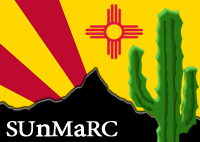| Invited Speakers
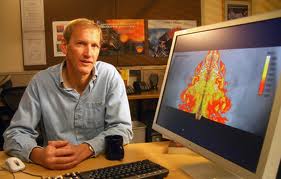 Mark Boslough,
Sandia National Laboratories
Mark Boslough,
Sandia National Laboratories
Mark Boslough is a member of the technical staff
at Sandia National Laboratories, an adjunct professor
at University of New Mexico, and a Fellow of the Committee for Skeptical Inquiry.
He obtained his PhD from the California Institute of Technology,
in the area of geophysics.
An expert on planetary impacts and global catastrophes, Mark’s
work on airbursts challenged the conventional view of
asteroid collision risk and is now widely accepted by the
scientific community. He has made frequent appearances
on television science documentaries, including the award
winning programs “Tutunkhamun's Fireball” (BBC)
(recipient of Discover Magazine's Top 100 Science Stories of 2006)
and “Last Extinction“ (Nova) (recipient of AAAS
Kavli award for best science documentary of 2009).
Most of the documentaries are focused on his impact and
airburst modeling.
Mark has an asteroid named after him (!),
Asteroid 73520 Boslough (2003 MB1) and an entry in
Wikipedia, where you can find out more about him before
our conference.
Title: Global Catastrophes in Perspective: Asteroid Impacts vs. Climate Change
When: Friday 7:15pm
Abstract: TBA
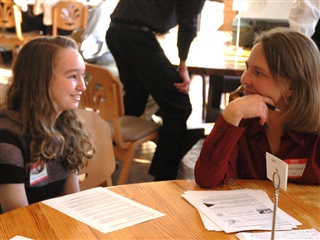 Kristin Umland,
Department of Mathematics and Statistics, University of New Mexico
Kristin Umland,
Department of Mathematics and Statistics, University of New Mexico
Kristin Umland is a professor of mathematics
at the University of New Mexico.
She obtained her PhD from the University of Illinois, Chicago,
in the area of algebraic topology. She has since then spent
much of her energy on working to improve the
mathematical preparation of preservice elementary and
secondary teachers and has worked extensively in teacher
professional development. She has worked at the local,
state, and national levels on a broad range of related
projects including teacher preparation program development,
reviews of state K–12 mathematics standards and assessment,
and participation in and organization of workshops
and committees intended to clarify the important mathematics
that students and teachers need to know. She has worked
on a number of research projects related to assessing the
quality of mathematics instruction in both K–12 classrooms
and elementary and secondary teacher professional development
workshops. Kristin is
co-chair of Illustrative Mathematics,
a community of teachers, mathematicians, and mathematics educators
working to illustrate the Common Core State Standards in Mathematics,
and is
currently working with the American Institute of Mathematics
to look at the impact of Math Teacher Circles
on middle school teachers’ mathematical knowledge and practice.
Title: Mathematicians and Mathematics Education
When: Saturday 10:30am
Abstract:
You love mathematics and want to share that enthusiasm with others. You
know that lots of kids DON'T love math when they are in school. You
sometimes wonder how you might help make things a little better. But how?
In this talk I'll describe some ways in which mathematicians can work in
small or large ways to improve the mathematical experiences of K-12
students that can be both fun and rewarding.
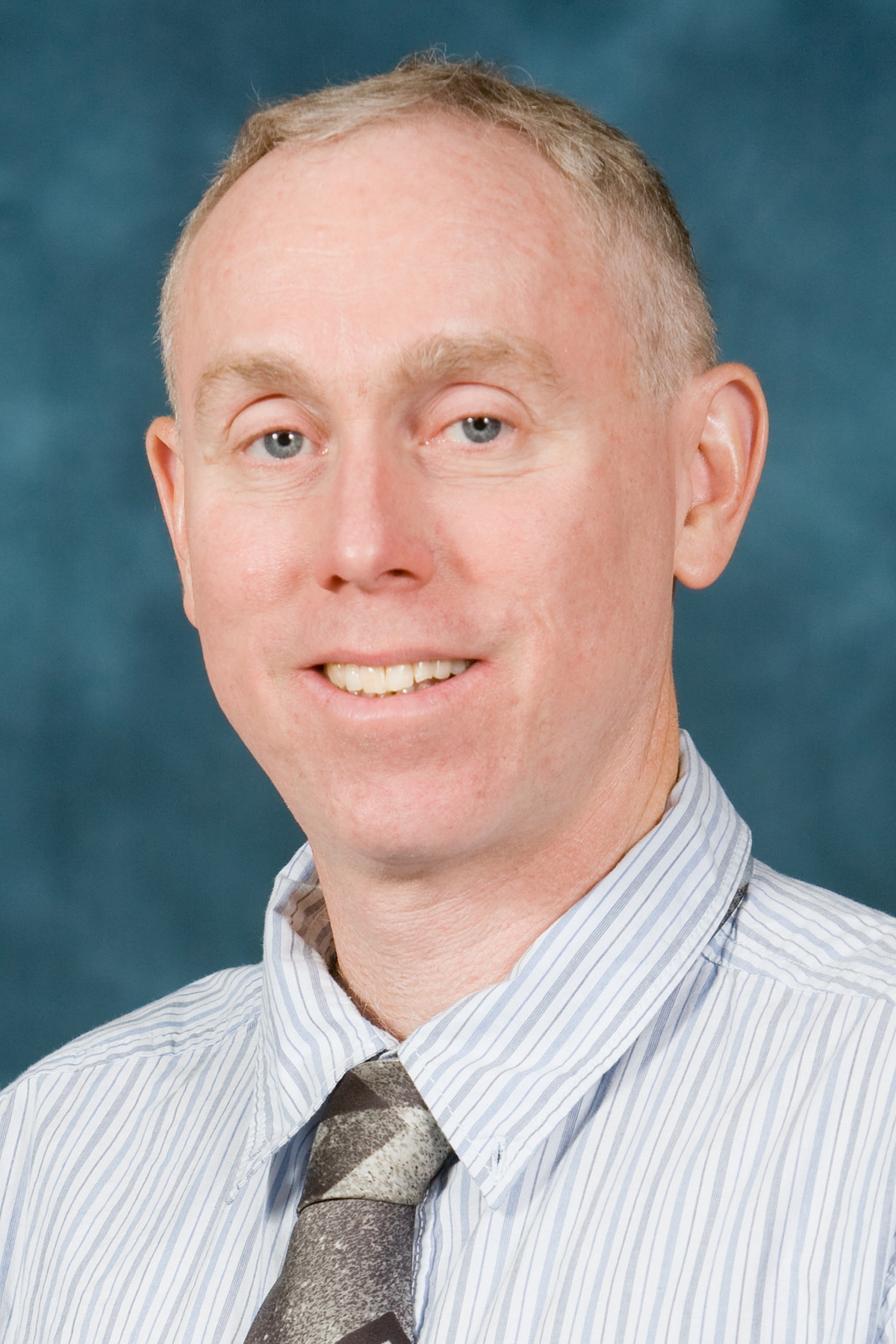 Robert Krasny,
Department of Mathematics, University of Michigan
Robert Krasny,
Department of Mathematics, University of Michigan
Robert Krasny is the Arthur F Thurnau Professor of Mathematics at
the University of Michigan. He obtained his PhD
from the University of California, Berkeley, after which he
held a postdoctoral position at the Courant Institute at
New York University before moving to UM.
Robert's research is in scientific computing with applications
to fluid dynamics, electrostatics and molecular dynamics.
His work has yielded much insight into vortex dynamics
and increased fundamental understanding of regular and
chaotic phenomena in fluid flows. His recent work
focuses on
developing fast numerical algorithms for particle methods
that reduce the expense of computing
long-range interaction electrostatic potentials and molecular forces.
Robert is a Fellow of the Americal Physical Society,
a prestigious honor awarded in recognition for
his many contributions to the field.
Title: Scientific Computing
When: Saturday 2:00pm
Abstract:
Scientific computing is a form of research involving computer
simulations. All areas of science and engineering make heavy use of this
approach. In many cases the goal is to simulate a process that is too difficult
to study by traditional theory and experiment. Examples include numerical
weather forecasting, airplane design, and predicting the spread of a disease. A
project in scientific computing requires (1) a mathematical model or set of
equations describing the problem to be investigated, (2) an algorithm for
solving the equations, and (3) a computer program to implement the algorithm.
Each step requires ingenuity and perseverance in order for the project to
succeed. This type of work is highly interdisciplinary, and it is carried out
in academia, industry, and national laboratories. There is a great need to
improve the accuracy and efficiency of scientific computations, and mathematics
has an essential role to play in that effort. This talk will discuss some
examples of scientific computing in fluid dynamics and molecular dynamics.
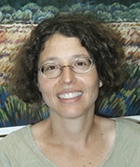 Cristina Pereyra,
Department of Mathematics and Statistics, University of New Mexico
Cristina Pereyra,
Department of Mathematics and Statistics, University of New Mexico
Cristina Pereyra is a professor of mathematics
at the University of New Mexico.
She obtained her PhD from Yale University
in the area of harmonic analysis, after which she held
a postdoctoral position at Princeton University before
coming to UNM.
She has travelled widely to give invited talks and series of lectures
in the US, Mexico, Argentina, Spain, Australia and Scottland.
She has contributed chapters in edited volumes and
coauthored two books: ``Wavelets, their friends, and what
they can do for you" (with Martin Mohlenkamp),
and ``Harmonic Analysis: from Fourier to Wavelets" (with Leslie Ward).
She is a beloved instructor here at UNM and has won Outstanding Graduate Professor
and Outstanding Graduate Chair awards.
Title: Averaging and analysis
When: Sunday 10:30am
Abstract: Averages are everywhere,
they help us understand all sort of data. There are several
possible meaningful averages, we will review some of these
and how they compare to each other, first for finite
sets of numbers then for functions. In doing so we will
revisit some important and useful inequalities. Averaging
or smoothing is at the heart of harmonic analysis, I
will try to briefly describe a few classical and not
so classical instances of this connection.
|
